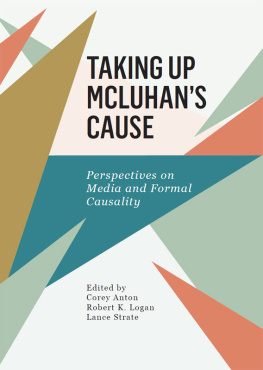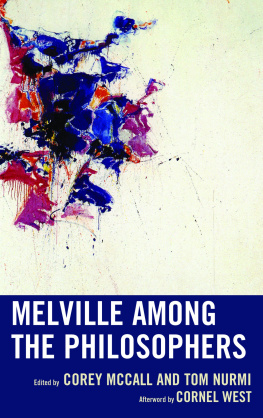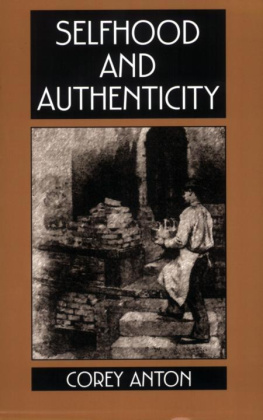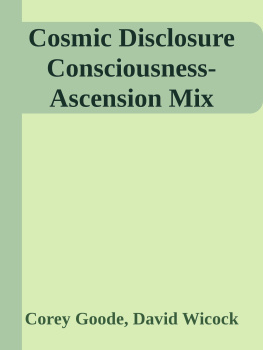CHANGE RESEARCH
CHANGE RESEARCH
A CASE STUDY ON COLLABORATIVE METHODS FOR SOCIAL WORKERS AND ADVOCATES
Corey S. Shdaimah, Roland W. Stahl, and Sanford F. Schram
COLUMBIA UNIVERSITY PRESS NEW YORK

Columbia University Press
Publishers Since 1893
New York Chichester, West Sussex
cup.columbia.edu
Copyright 2011 Columbia University Press
All rights reserved
E-ISBN 978-0-231-52536-7
Library of Congress Cataloging-in-Publication Data
Shdaimah, Corey S.
Change research : a case study on collaborative methods for social workers and advocates / Corey S. Shdaimah, Roland W. Stahl, and Sanford F. Schram.
p. cm.
Includes bibliographical references and index.
ISBN 978-0-231-15178-8 (cloth : alk. paper)ISBN 978-0-231-15179-5 (pbk.)ISBN 978-0-231-52536-7 (electronic)
1. Social serviceResearch. 2. HousingResearch. I. Stahl, Roland W. II. Schram, Sanford. III. Title.
HV11.S4827 2011
363.553072dc22
2010050818
A Columbia University Press E-book.
CUP would be pleased to hear about your reading experience with this e-book at .
References to Internet Web sites (URLs) were accurate at the time of writing. Neither the author nor Columbia University Press is responsible for URLs that may have expired or changed since the manuscript was prepared.
CONTENTS
| ACORN | Association of Community Organizations for Reform Now |
| AHS | American Housing Survey |
| AOSWR | anti-oppressive social work research |
| BSRP | Basic Systems Home Repair Program |
| CDBG | Community Development Block Grant |
| CDC | community development corporation |
| CIU | Central Intake Unit |
| CBPR | community-based participatory research |
| EBP | evidence-based practice |
| FBO | faith-based organization |
| GPUAC | Greater Philadelphia Urban Affairs Coalition |
| IRB | Institutional Review Board |
| L&I | Philadelphia Department of Licenses and Inspection |
| NTI | Neighborhood Transition Initiative |
| OHCD | Philadelphia Office of Housing and Community Development |
| PAHC | Philadelphia Affordable Housing Coalition |
| PAR | participatory action research |
| PHDC | Philadelphia Housing and Development Corporation |
| PHIL-Loan | Philadelphia Home Improvement Loan |
| RCT | randomized clinical trial |
| RDA | Philadelphia Redevelopment Authority |
| SHARP | Senior Housing Assistance Repair Program |
| TANF | Temporary Assistance for Needy Families |
| UCCP | University Community Collaborative of Philadelphia |
| WCRP | Womens Community Revitalization Project |
| WPF | William Penn Foundation |
OUR FIRST THANKS go to our advocate-partners in Philadelphia, without whom the research reported here would not have been conceived, let alone completed. From the Affordable Housing Coalition, a number of people from different organizations collaborated with us in ways that were invaluable. From the Womens Community Revitalization Project, we thank Nora Lichtash, Carolyn Haynes, David Koppisch, Jen Curley, Kay Cid, and Shanika Fraser; from ACORN Philadelphia, Ali Kronley; from the United Communities of Southeast Philadelphia, Brad Baldia and Francis Carney. As part of the campaign, our research benefited greatly from collaborating with Karen Black of May 5th Consulting. We also thank Gerry Wang of the William Penn Foundation for advice concerning grant funding and influencing the policy process. All these folks taught us much and made our meetings lively, sometimes frustrating, and always friendly. Their dedication to the communities that they nurtured and are nurtured by was a source of inspiration. Their political savvy, organizing expertise, and cooperation is a truly effective and awe-inspiring model.
We also thank the people who shared their experiences, knowledge, and expertise. City officials, advocates from nonprofit organizations, and agency workers all helped us to better understand the programs that serve Philadelphias low-income homeowners. They also shed light on interagency dynamics and the nuts and bolts of how programs work (and do not work) on the ground. We are most grateful to the people who let us into their homes so that we could better understand what home repair concerns look like when one has to live with them.
Thanks to Lauren Dockett (with the able assistance of Avni Majithia-Sejpal) for shepherding the book at Columbia and Annie Barva for her careful editing and enthusiasm for the project. Thanks also to Virginia Eubanks, Ben Kaufman, Vicki Lens, Judie McCoyd, Nancy Naples, Joan Schram, Roni Strier, and Charlie Wolfe for feedback on parts of the manuscript in its different iterations, to Amichai Shdaimah for his help on , and David Consiglio for help preparing our statistical data for analysis.
One might assume, because we chose to share our hard-won expertise in collaboration, that our own collaboration was always easy, smooth, and self-evidently rewarding. As the story in this book shows, any worthwhile collaboration that truly challenges and stretches us will have bumps. As we suggest in this book, what kept this project together and made it stronger was our shared commitment to a vision for social science research, social work practice, and social change. Perhaps more important, however, were the respect and friendship that we have shared while doing, thinking about, and sharing our research. We have learned much from one another, and working on this project has been personally and professionally rewarding.
The Womens Community Revitalization Project (WCRP) knows that low-income homeowners are struggling to keep their homes safe and habitable. They know that Philadelphias home repair programs just do not meet the needs of most people. They are in the neighborhood, in the houses, and this is what they have seen and heard. But the anecdotes of advocates are suspicious. What they need are credible data and, most importantly, numbers. Those numbers should be crunched by someone with a Ph.D.
Weve been sitting here for what feels like hours. It is summer and humid, and it seems like we are circling around and around this question of numbers. Sandy is trying to explain why we cannot mix data from the American Housing Survey and the U.S. Census, two different databases that use different units of analysis. We all agree that if we could combine all of the questions and information, it would be much better for our analysis and for our case. But what about the numbers? Cant we come up with a round number that would stick in peoples minds? The advocates are trying to impress upon us the importance of having information that is easily digestible and stays in peoples memories. Numbers, they say, that will resonate. They are as exasperated with us as we are with them. We take turns, Sandy and Roland and I, as do our advocate partners, asking and answering each others questions in a different way in the hopes that maybe this time around we will understand each other. This is where it helps when we can turn to David and ask how his family is or turn to Jen and ask her how her classes are going. Can somebody pass a donut? Im so glad that Brad got us coffee. This is going to be a long meeting. Its a good thing weve grown to like each other, and we know that were all good at what we do because were in it for the long haul.












